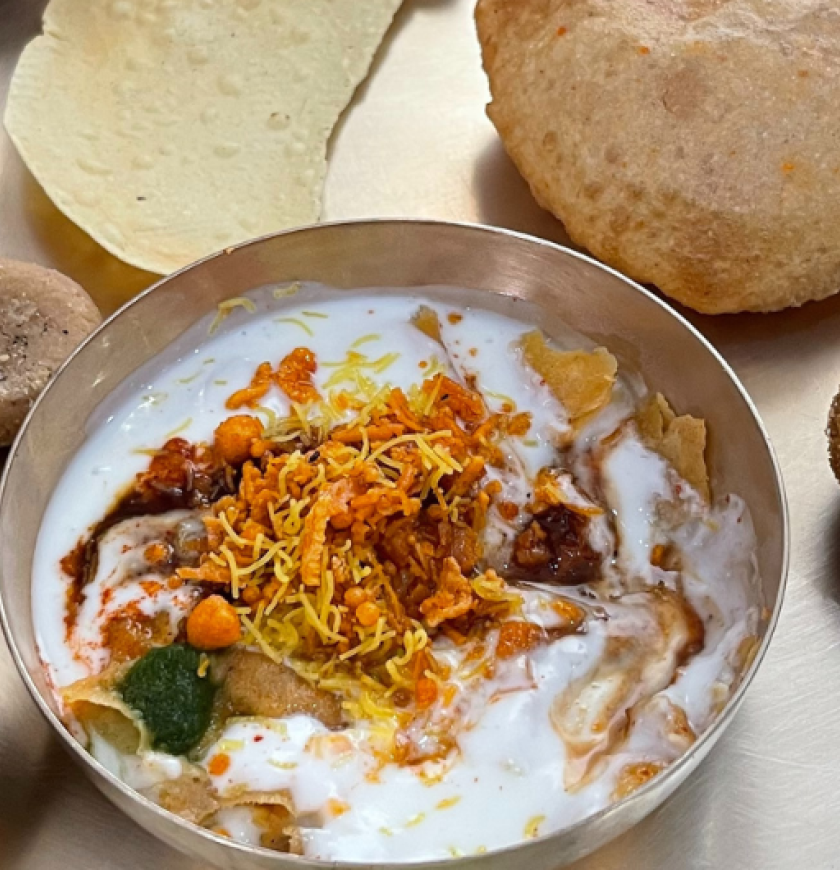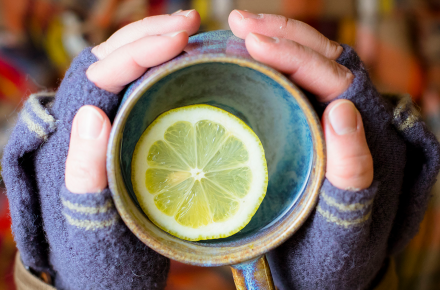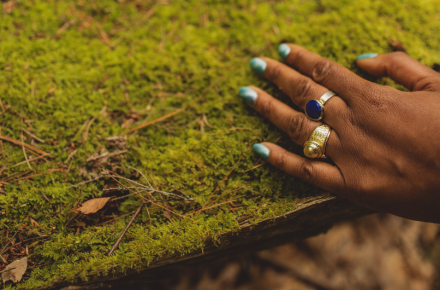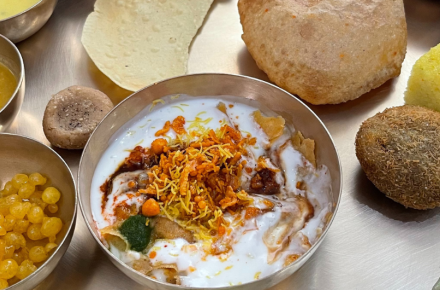The Dirty Dozen and the Clean 15: What to Buy Organic

Every year, the Environmental Working Group (EWG) releases its list of produce containing the highest and least amounts of pesticides. The list changes frequently, based on crop conditions in a given year, but Annie B. Kay, an integrative dietitian and Kripalu’s former Lead Nutritionist, says certain foods (such as apples, strawberries, and spinach) are longtime occupants of the list.
Nutritionist and Kripalu presenter JohnBagnulo highly recommends buying organic when it comes to the items on the EWG’s Dirty Dozen list. “It’s an unnecessary risk, especially for children, to consume fruits and vegetables with those chemical loads, ” he says.
The Dirty Dozen
These 12 fruits and vegetables contain the highest levels of pesticide residue, herbicides, and fungicides. Here’s the 2019 list in the order of toxicity:
- Strawberries
- Spinach
- Kale
- Nectarines
- Apples
- Grapes
- Peaches
- Cherries
- Pears
- Tomatoes
- Celery
- Potatoes
John is most concerned about fruits like peaches, apples, and strawberries, because of the volume people eat, especially kids. Americans also consume large quantities of potatoes—as French fries, baked potatoes, and potato chips. According to the EWG, the average potato had more pesticides by weight than any other food.
The Clean 15
Buy and eat these to your heart’s content.
- Avocados
- Sweet Corn
- Pineapples
- Frozen sweet peas
- Onions
- Papayas
- Eggplants
- Asparagus
- Kiwis
- Cabbages
- Cantaloupes
- Broccoli
- Mushrooms
- Honeydew Melons
EWG notes that a small amount of sweet corn and papaya sold in the United States is produced from genetically engineered (GE) seed stock. Buy organic varieties of these crops if you want to avoid GE produce. Generally, organic food is your best bet for avoiding genetically modified produce, says Annie.
Articles, programs, promotions, recipes, and more, delivered right to your inbox.
You May Also Like
Related Programs

Essential Practices for Everyday Life


The Eternal Season of Asana


Yoga and Qigong


Yoga Therapeutics



Global Majority 200-Hour Kripalu Yoga Teacher Training




Deep Relaxation Mini Retreat


Yoga for Anxiety


The Great Work of Your Life

Get Our Catalog
Get a sneak peek of everything happening at Kripalu in the coming season. Sign up to get our print catalog delivered to your doorstep.
Newcomer's Guide
New to Kripalu? Explore who we are, what we offer, and begin your transformation today.
































